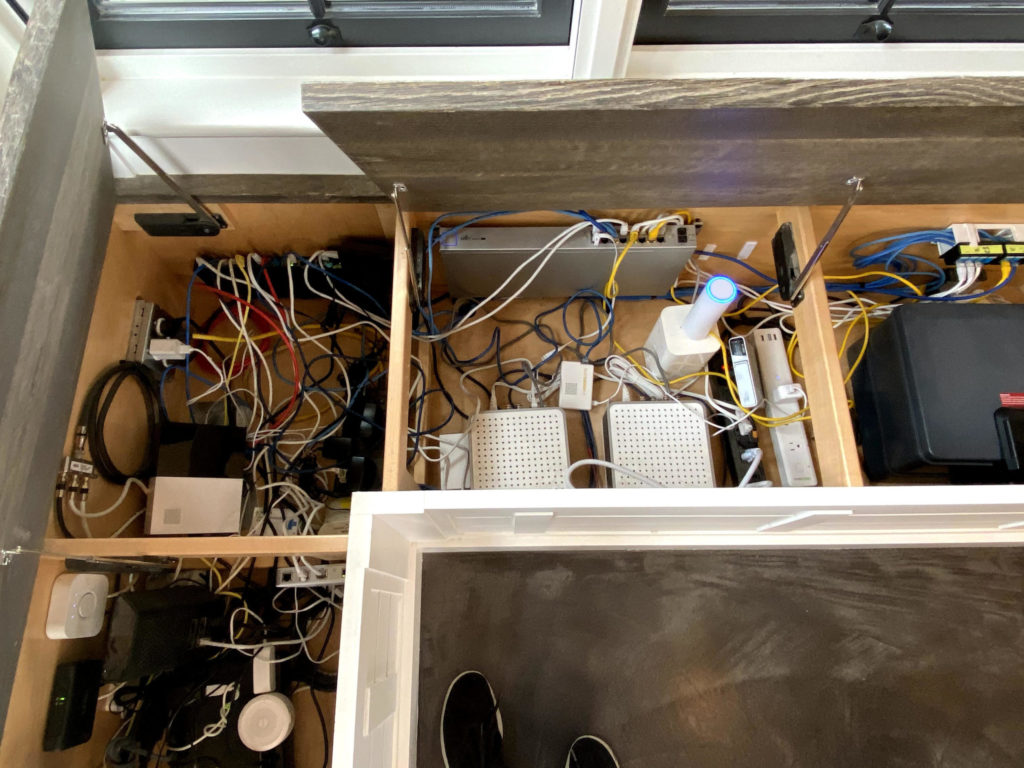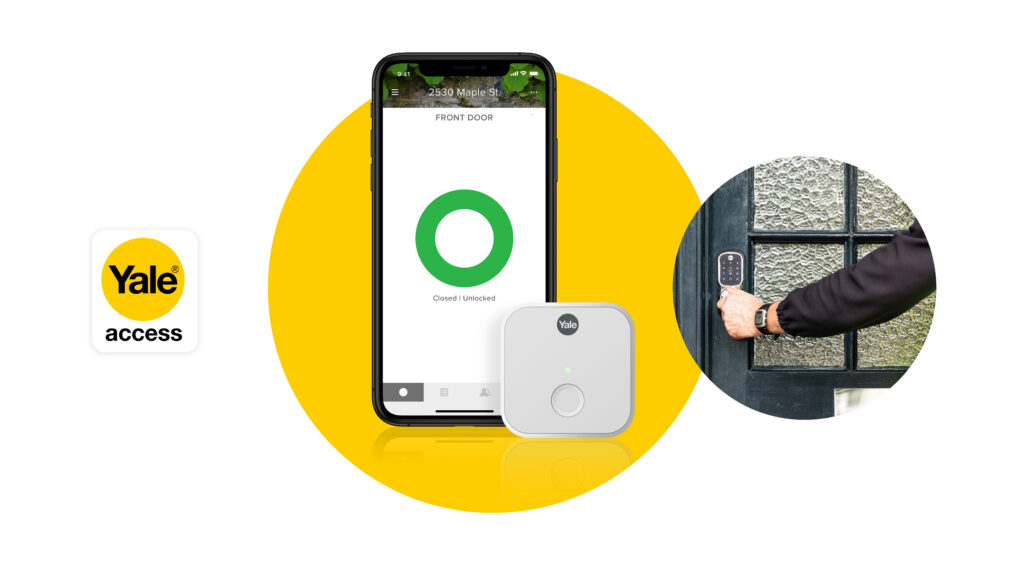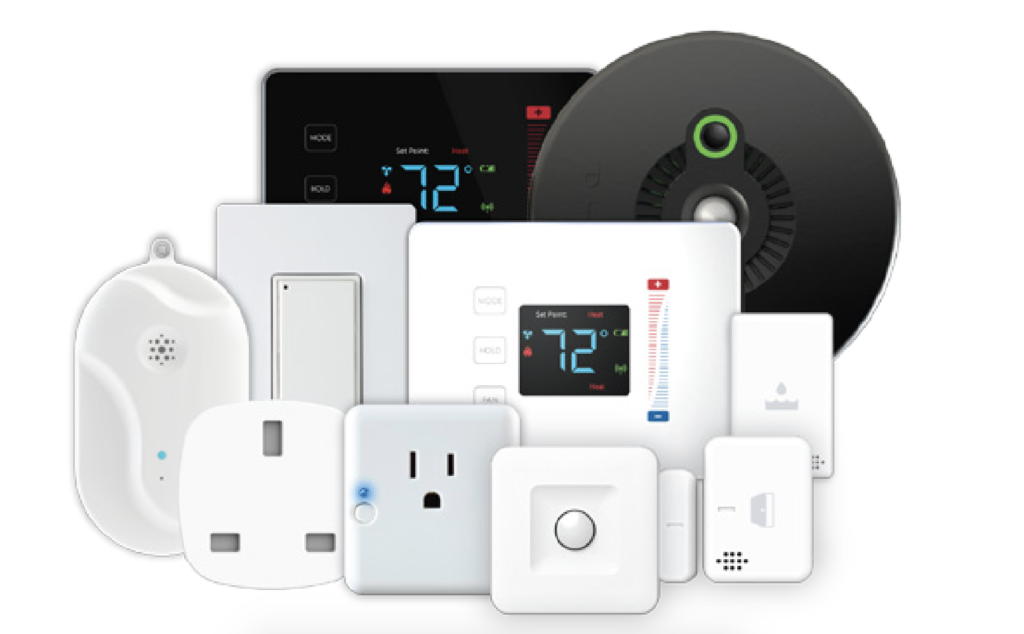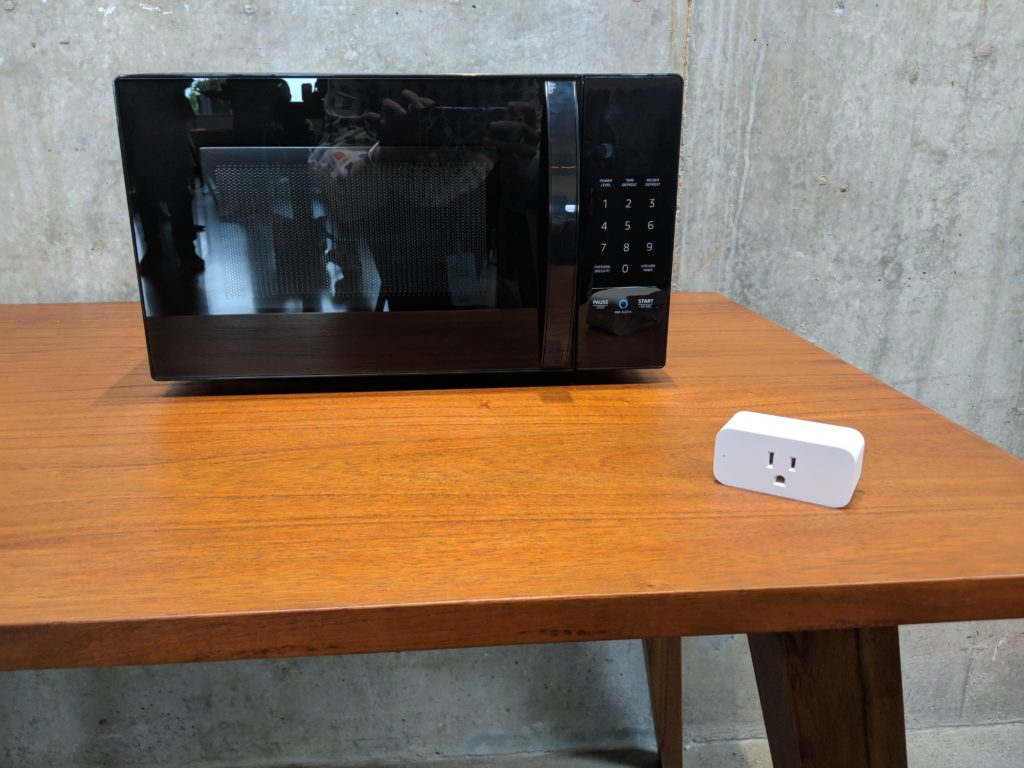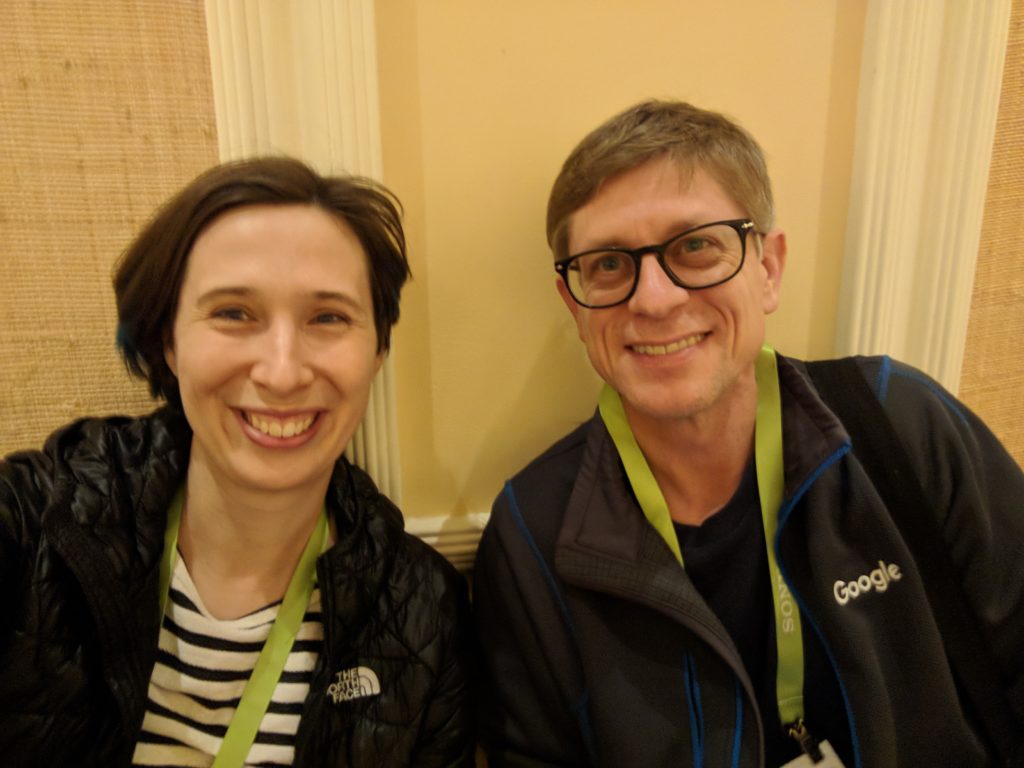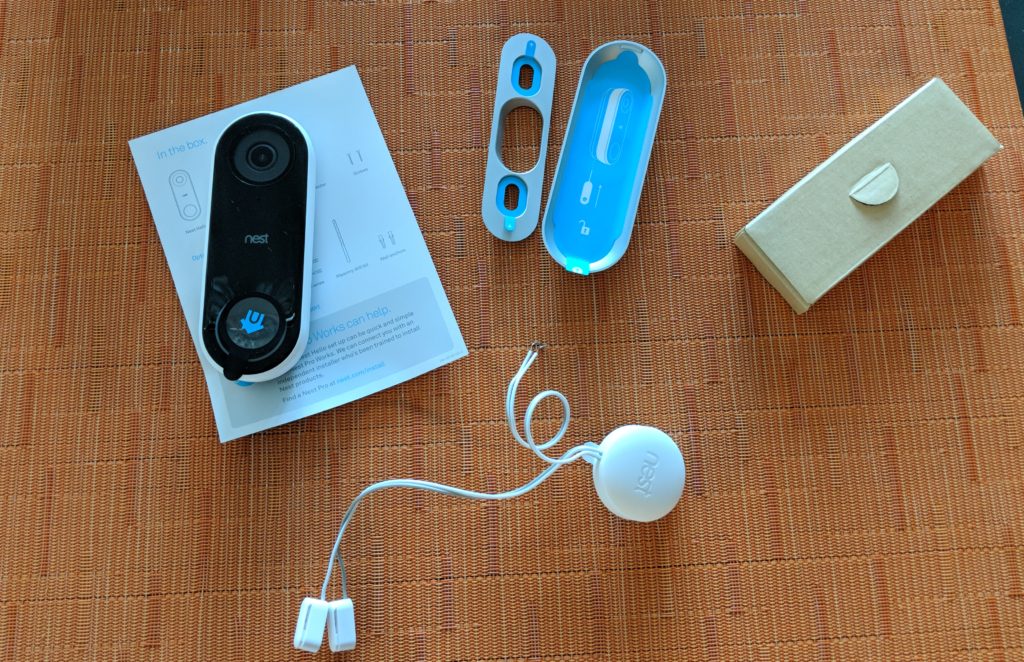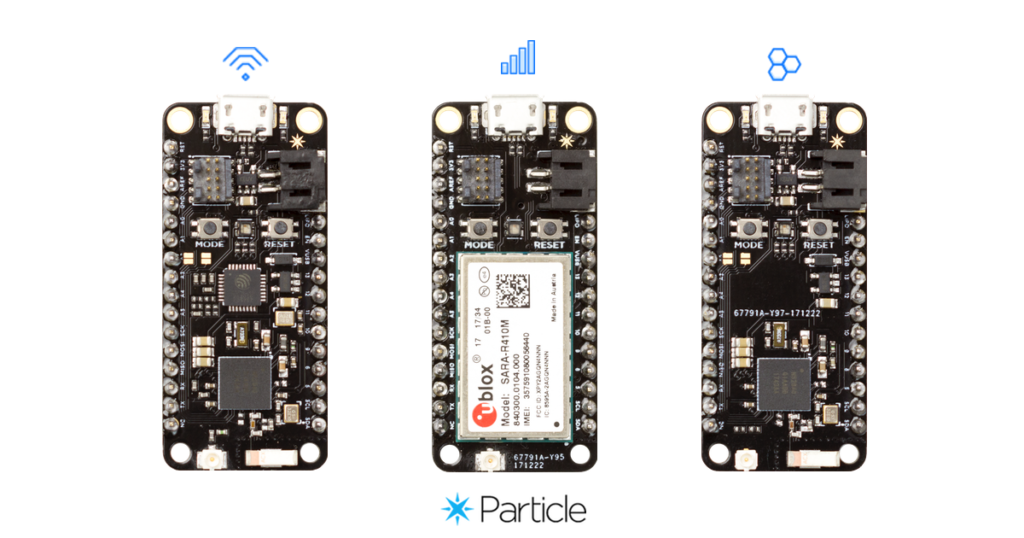The end of the year is a busy time for M&A as companies rush to get deals done before the start of a new tax year, and this week the smart home sector saw Assa Abloy sell its Yale and August smart lock and some other brands to Fortune Brands for $800 million. We explain why the deal happened and why we can blame Matter and the DoJ for the sale. Then we discuss NRG Energy’s $2.8 billion planned acquisition of Vivint, and why it is a big signal for the future of energy management as part of the smart home. Fundings also happen ahead of the new years, and Phlux Technologies, which makes infrared sensors and Reach, a company building wireless over-the-air power transmitters both scored venture capital this week. In smart home news, we discuss a new mixer from GE that’s super smart and super pricey, and Samsung’s plans for CES this year. In security news, there’s a new botnet out there to worry about. And for developers, there’s a new $200 kit from Swarm that provides satellite connectivity. Finally, we answer a listener question about Matter and local control.
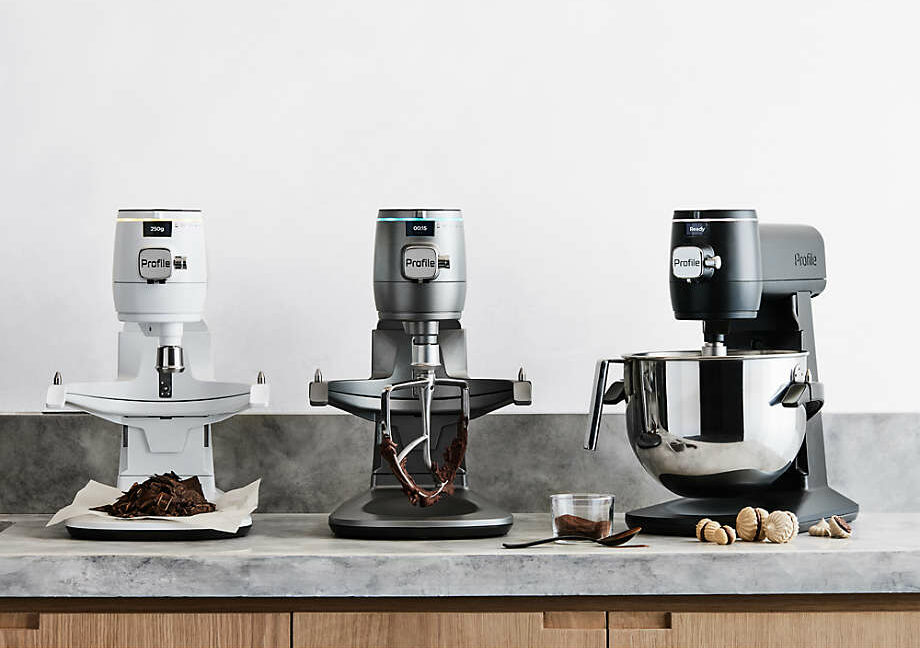
Our guest this week is Cathy Pearl, a conversation designer at Google and the author of the O’Reilly book Designing Voice User Interfaces. We discuss the history of voice interactions and what changed to make Amazon’s Alexa such an innovation. We also discuss how voice can help make technology less complicated, what type of conversations people want from a voice interface and how voice also drives accessibility. Then we discuss the ethics of creating voice companions for lonely people and a time that Pearl was stuck at an airport talking to a chatbot for 20 minutes. We then end after I ask if voice is going anywhere after the upheavals in Amazon’s Alexa business. Her answer will not surprise you. Enjoy the show.
Hosts: Stacey Higginbotham and Kevin Tofel
Guest: Cathy Pearl, a conversation designer at Google
Sponsors: Arm and Silicon Labs
- Assa Abloy slams the door on Yale and August brands
- Why NRG wants to buy Vivint
- Using antimony to make more accurate LiDAR
- How context dictates what we want to say and hear
- Can digital assistants provide companionship?
Podcast: Play in new window | Download | Embed
Subscribe: RSS


